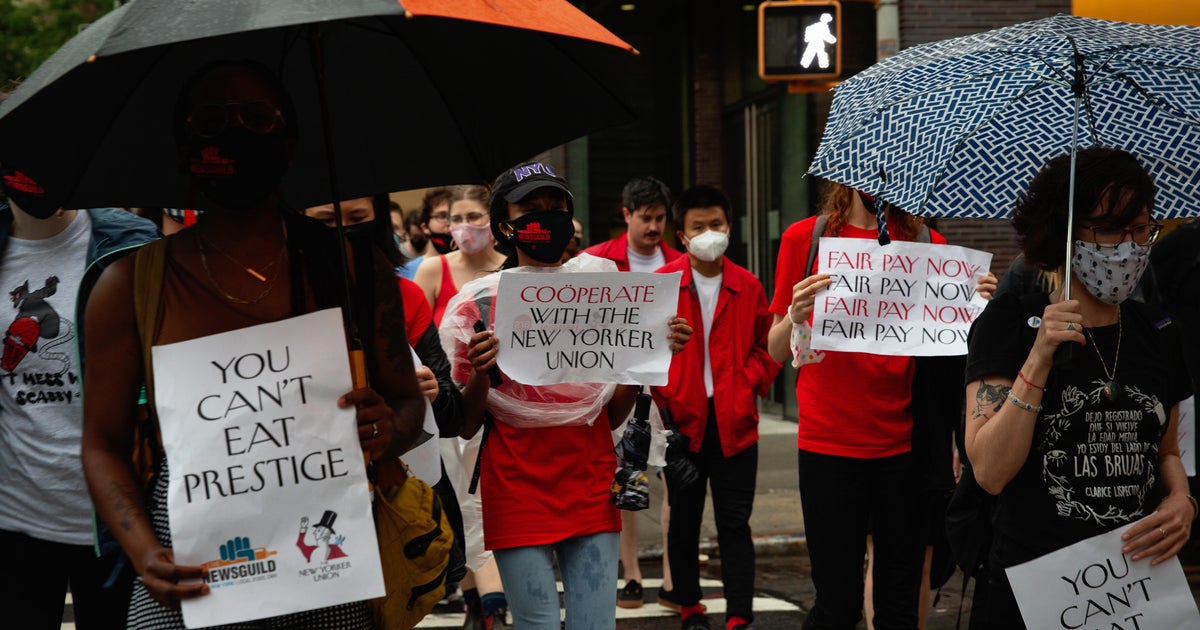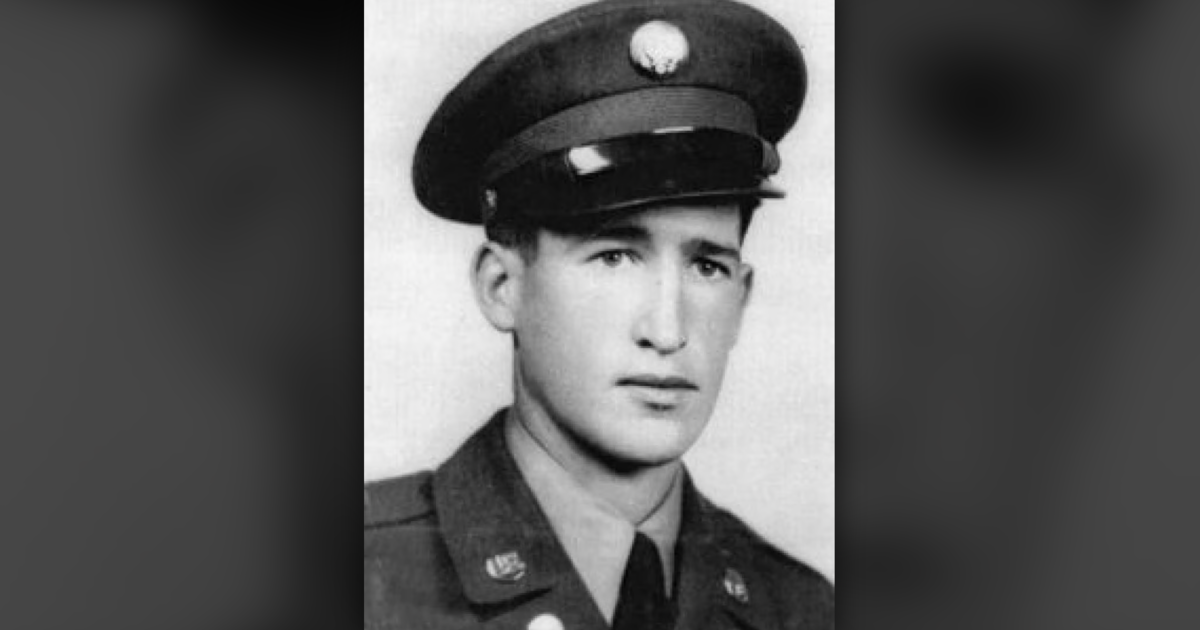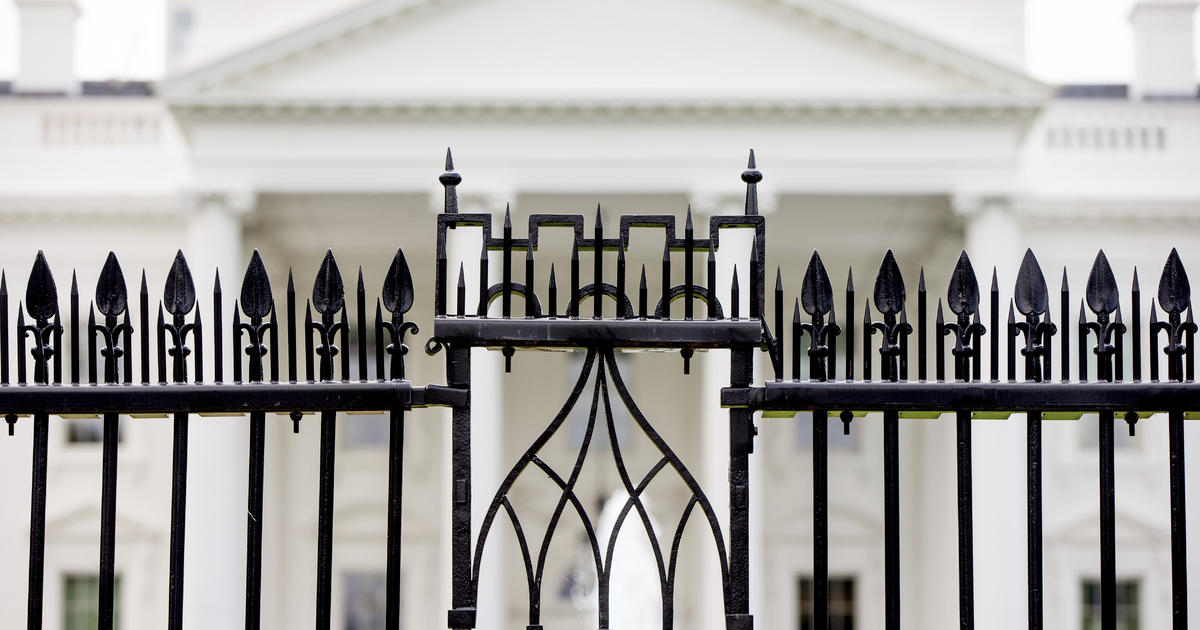Keep an eye on these 4 companies and their diversity efforts
One effect of the protests that swept the U.S. after a Minneapolis police officer killed George Floyd last year was a reckoning in corporate America with the searing impact of racism. Yet while numerous business leaders have pledged to uplift communities of color and help erase racial inequities, a handful of companies are projected to make the biggest leaps in diversity and inclusion: Bank of America, Netflix, UPS and Walmart.
One clear common denominator among the four: a genuine push to hire more people of color. Also, these companies have the scale to fund race-focused initiatives nationwide. Perhaps most important is their potential for diversifying management so that people of color can become a driving force for internal change, with minority executives bringing fresh ideas to the table and, in doing so, knocking down the walls of exclusion.
Here's why experts point to Bank of America, Netflix, UPS and Walmart as bellwethers for other corporations seeking to combat racism in the workplace and beyond.
Bank of America
Why it's worth watching: The nation's second-largest bank in June pledged to invest $1 billion over the next four years to help eradicate racial inequality. The funding will go toward closing disparities in health, employment, housing and small business entrepreneurship. About $50 million of that money has already gone to Black-owned banks and other minority depository institutions, which have a better track record of lending to business owners of color and approving mortgage loans to Black applicants.
While a billion dollars is pennies compared to the $80 billion-plus Bank of America generates in revenue each year, it's still one of the largest investment amounts slated for Black causes in recent history, said Kelle Rozell of the Black Dollar Index, which measures how friendly large companies are being to the Black community.
"We know, historically, financial institutions have caused damage in our communities and I think what we're seeing now is the beginning of accountability," Rozell said.
Key metrics to watch: Whether Bank of America will bring more people of color to its management ranks. The North Carolina-based company was one of five banks that announced recently it would change its hiring policies so that more women and people of color could occupy senior management roles. Under its existing policy, at least one woman and one person of color must be considered for all branch-level job openings, but that rule will now be expanded to executive positions.
Updating company policy is a good first step, said Marvin Owens, chief engagement officer for nonprofit Impact Shares. But setting high diversity and equity goals and meeting them will help the bank even more, he said.
Employees of color in upper management roles at Bank of America rose from 32% in 2015 to 39% in 2020.
The bottom line: Bank of America scored 73 out of 100 points in the Black Dollar Index, which rates top corporations for racial equity. Bank of America's human resources chief, Sheri Bronstein, told Bloomberg News that Bank of America's diversity goal is to "reflect the clients and communities in which we operate." Should the bank reach its goal, that score could increase.
Netflix
Why it's worth watching: A University of Southern California study released last month reviewed all of Netflix's movies and TV shows to determine how much of its content came from people of color. The study found that the number of Black, Hispanic and Asian producers grew from 13% in 2018 to 17% in 2019. The percentage of writers of color at Netflix grew from 14% in 2018 to 20% in 2019.
"It's nice to be able to turn on Netflix at night and see stories from people who look like me," said Rosanna Durruthy, a woman of color and head of global diversity at LinkedIn.
Key metrics to watch: The percentage of people of color in upper management at Netflix, which experts say, should be higher.
"Their biggest area of opportunities I see is in workforce representation, especially at the executive and senior level," Rozell said.
The number of Black employees working for Netflix doubled between 2017 and 2020 and they now represent 8% of Netflix's workforce, according to company data. Hispanics make up another 8%. The Netflix board of directors has only one person of color.
Netflix wants to increase diversity at the company, especially in film and TV production roles as "systemic issues have excluded certain groups from the entertainment and tech industry," according to Netflix vice president of inclusion strategy Vernā Myers in the company's 2021 diversity report.
The bottom line: Netflix has a 65 out of 100 score on the Black Dollar Index. The company lost points after making an alleged lowball offer to comedian and actress Mo'Nique for a comedy special in 2019. Still, there are signs Netflix is trying to support racial equity, Rozell said, pointing to the $100 million the company pledged to Black communities last June.
UPS
Why it's worth watching: Since being sued for discrimination by a group of 19 black workers in Ohio, two years ago, UPS has taken steps to repair its public image.
In June 2020, the shipping and logistics company announced it would be donating $3.2 million to civil rights groups and historically Black colleges. Later in the fall, the company eliminated a long-time policy that banned natural hairstyles. In January, it hired a Black woman as its diversity and inclusion officer. These efforts helped UPS garner a 92 out 100 score on the Black Dollar Index, the highest rating among any company rated.
Key metric to watch: How UPS will settle its Ohio lawsuit, which is still ongoing. It will also be interesting to see if UPS can maintain its relatively high percentage of employees of color, Rozell said. About 44% of UPS' non-manager staff are people of color, according to 2019 company data. The company also boasts 43% people of color among its management ranks, beating out rival FedEx where individuals of color make up 36% of management.
The bottom line: UPS has achieved diversity at both worker and management levels of the company, experts said. Even 25% of its board of directors are people of color.
"UPS has the highest score because they are doing a lot of things right," Rozell said. "They have committed significant dollars to Black causes and they are committed to diversity, equity and inclusion and supplier diversity."
Walmart
Why it's worth watching: The Arkansas retailer created a Center for Racial Equity last June and has pumped $100 million into the operation. The racial equity center, among other things, gives grants to nonprofits that tackle problems in education, health and criminal justice.
Walmart awarded $14 million in the first round of grants last month. Some of those funds went to the Harlem Children's Zone for 1,250 low-income students to receive laptops and internet access for school. Walmart also sent funding to the American Heart Association, which in turn gave grants to entrepreneurs in Atlanta and Chicago who are bringing healthy food choices to communities of color. Those moves helped Walmart earn a 73 out of 100 on the Black Dollar Index.
Key metrics to watch: Where the remaining $86 million from the racial equity center is being steered and whether Walmart can promote more of its employees of color out of hourly positions and into management.
Employees of color represented 36% of Walmart's middle managers in 2020, up from 32% in 2017. That compares with 40% managers of color in 2020 at Amazon.
"We need to go further in hiring Black and African American associates across all levels and positions,"CEO Doug McMillon said in a letter to employees last June. "And we need to ensure they are remaining with us and growing in their careers."
The bottom line: "Investing with both finances and people resources is key to creating movement," Kevin L. James, dean of North Carolina A&T State University's business school said. "Walmart has made a strong commitment to racial equity initiatives and has moved quickly to begin executing on those initiatives."
Having more people of color joining its staff, the creation of a racial-equity center and McMillon's recent remarks on diversity in hiring are all strong pillars upon which to begin addressing racial inequality, James said. In 2021, Walmart can move the needle even further.



